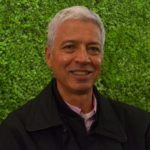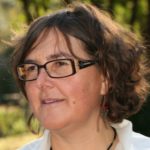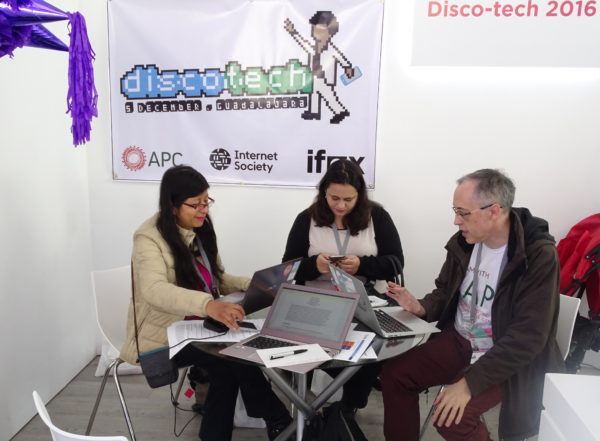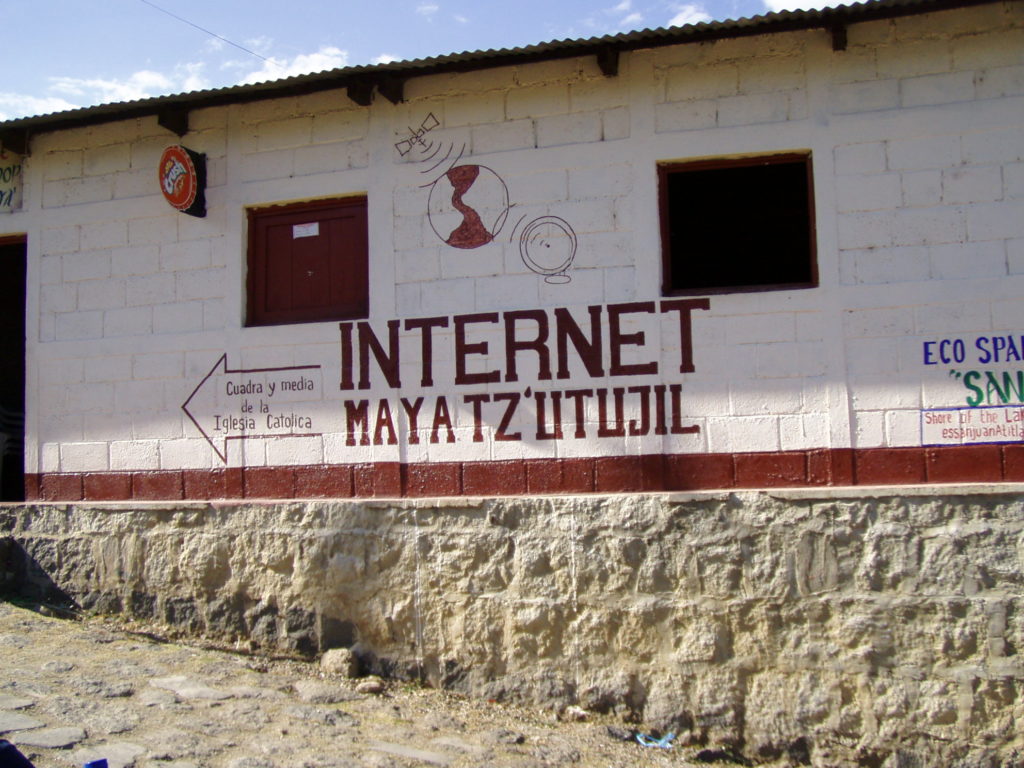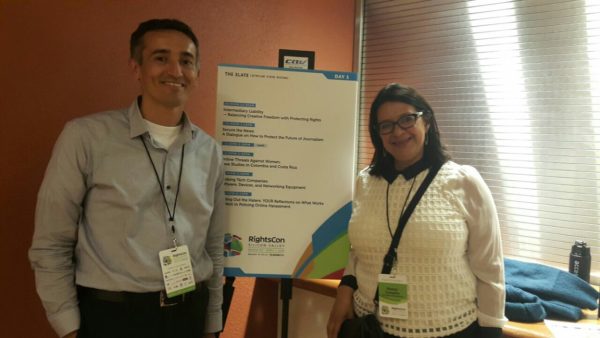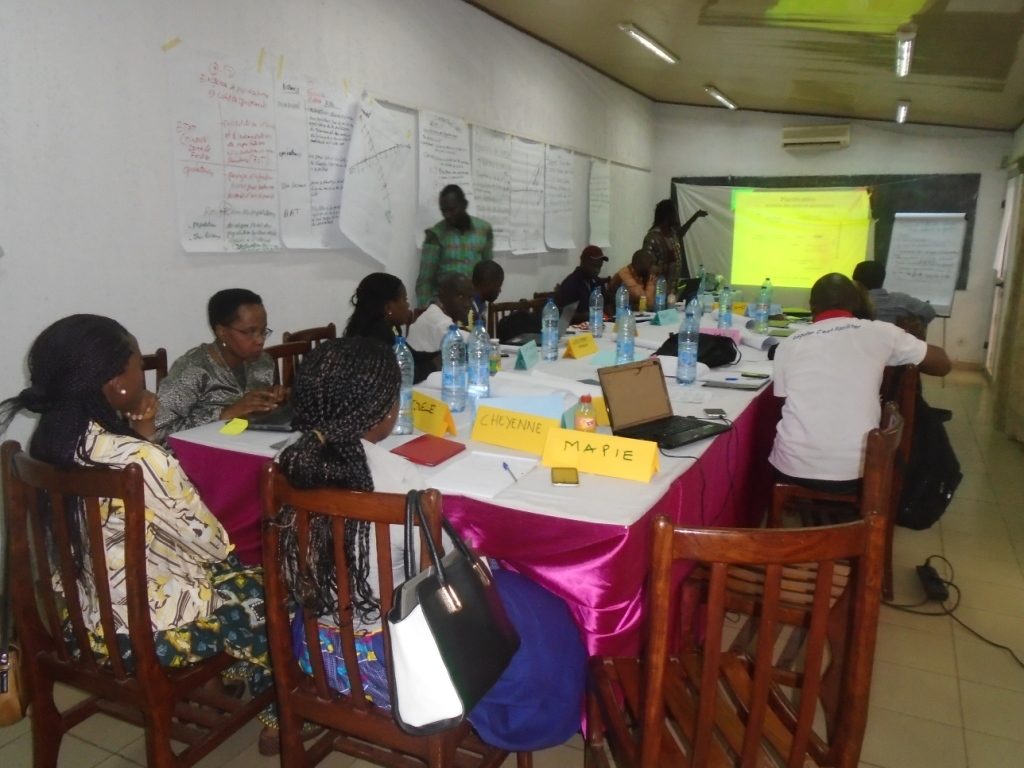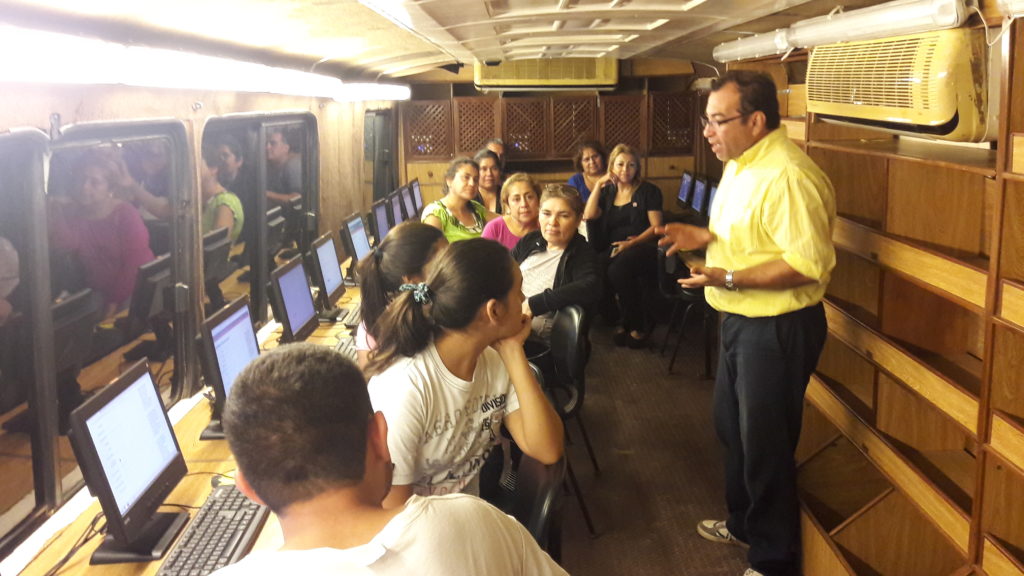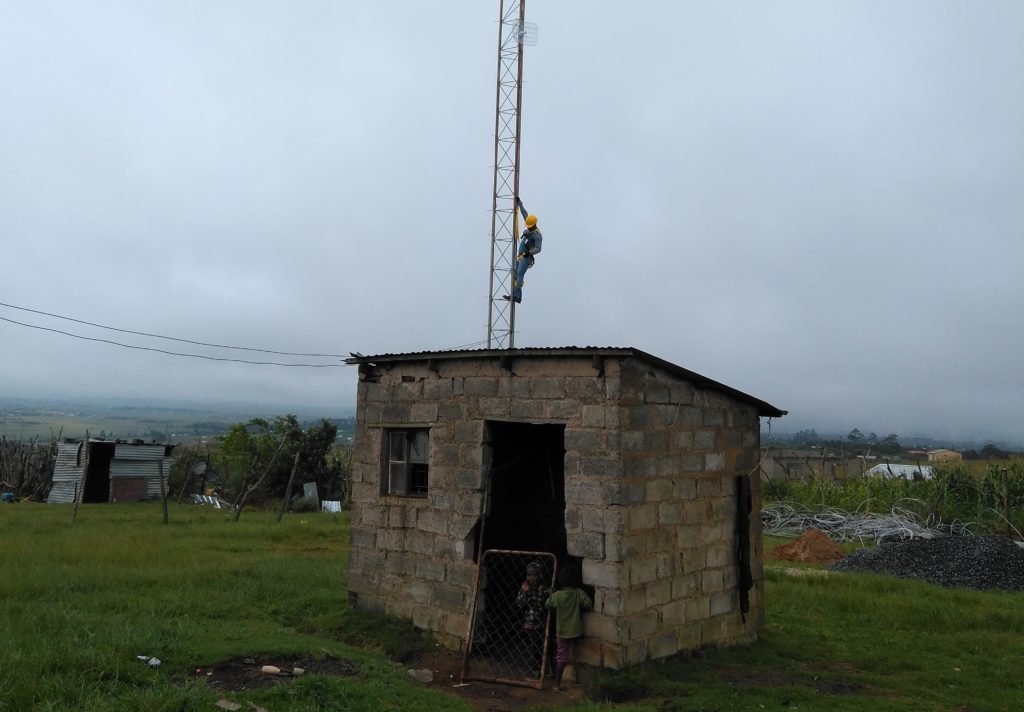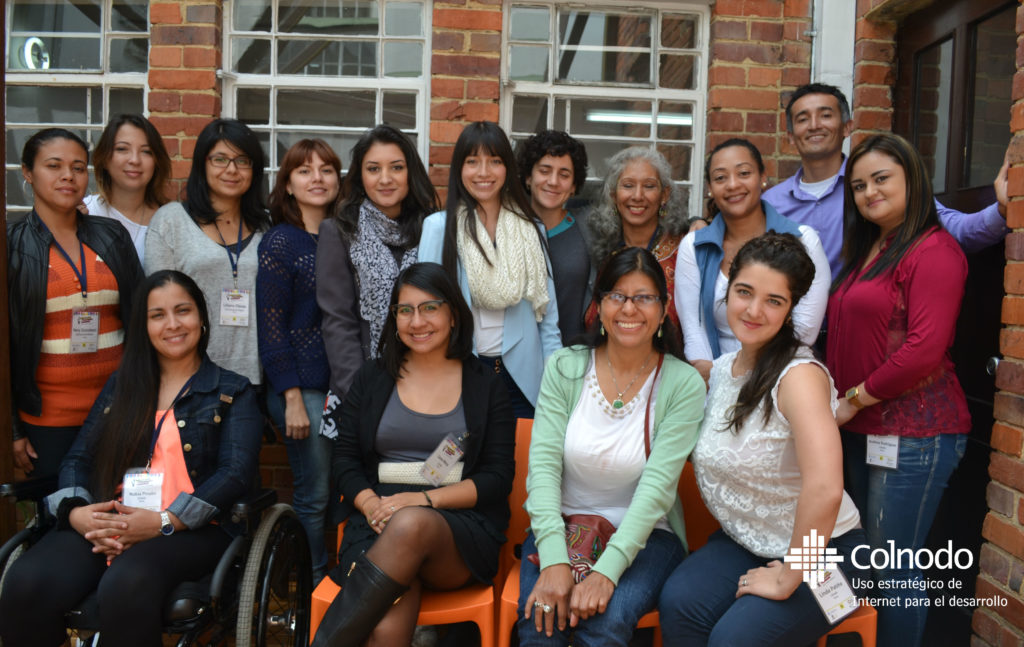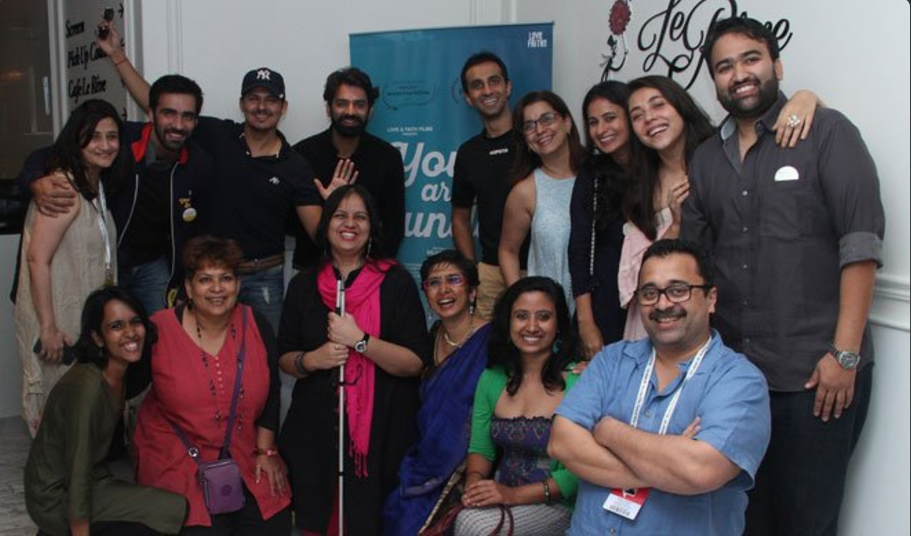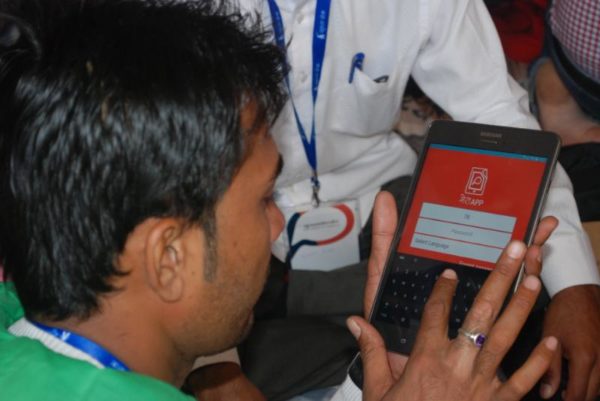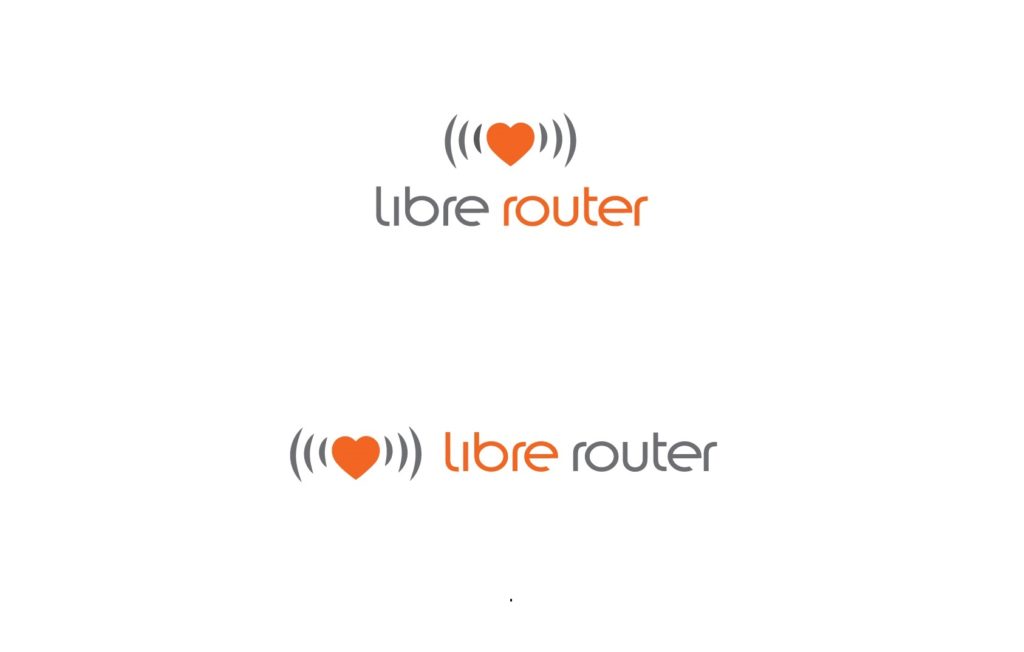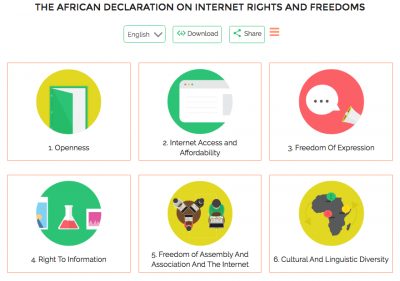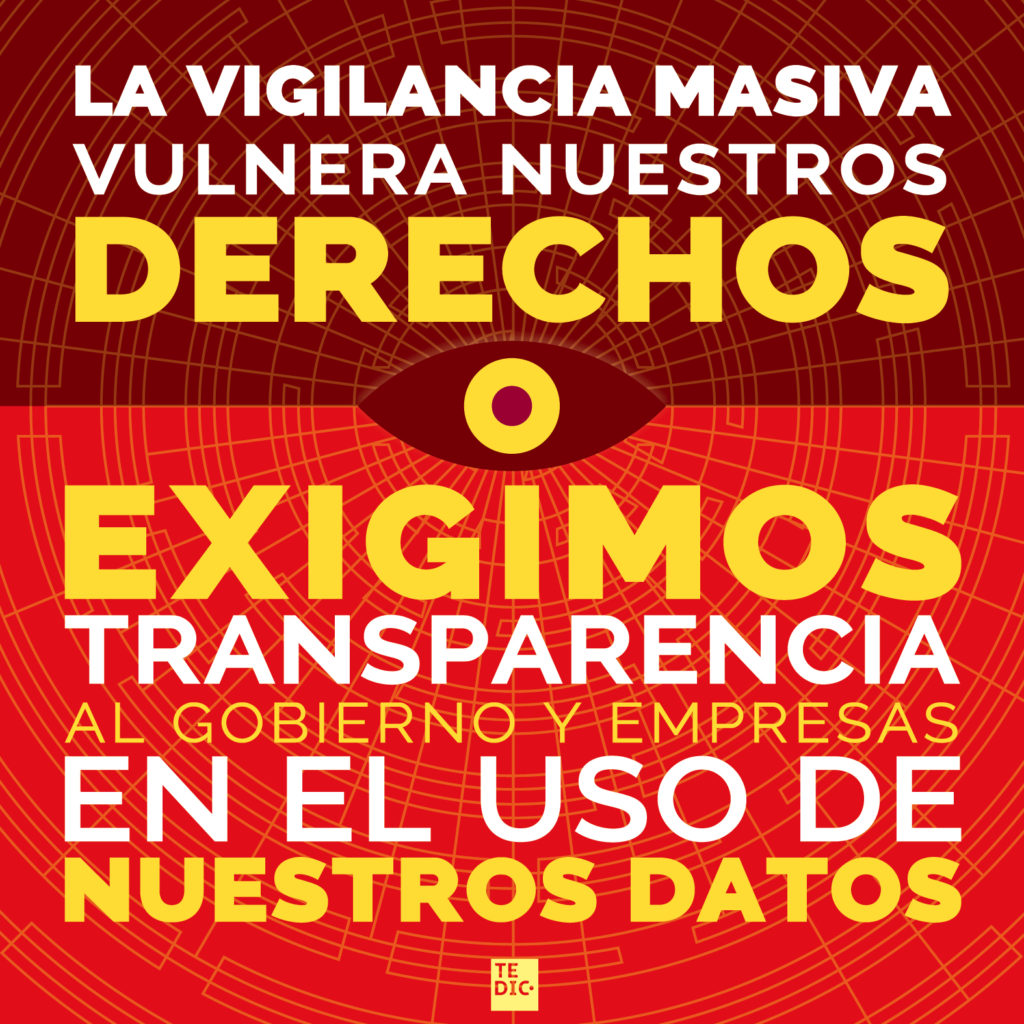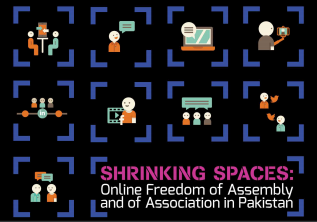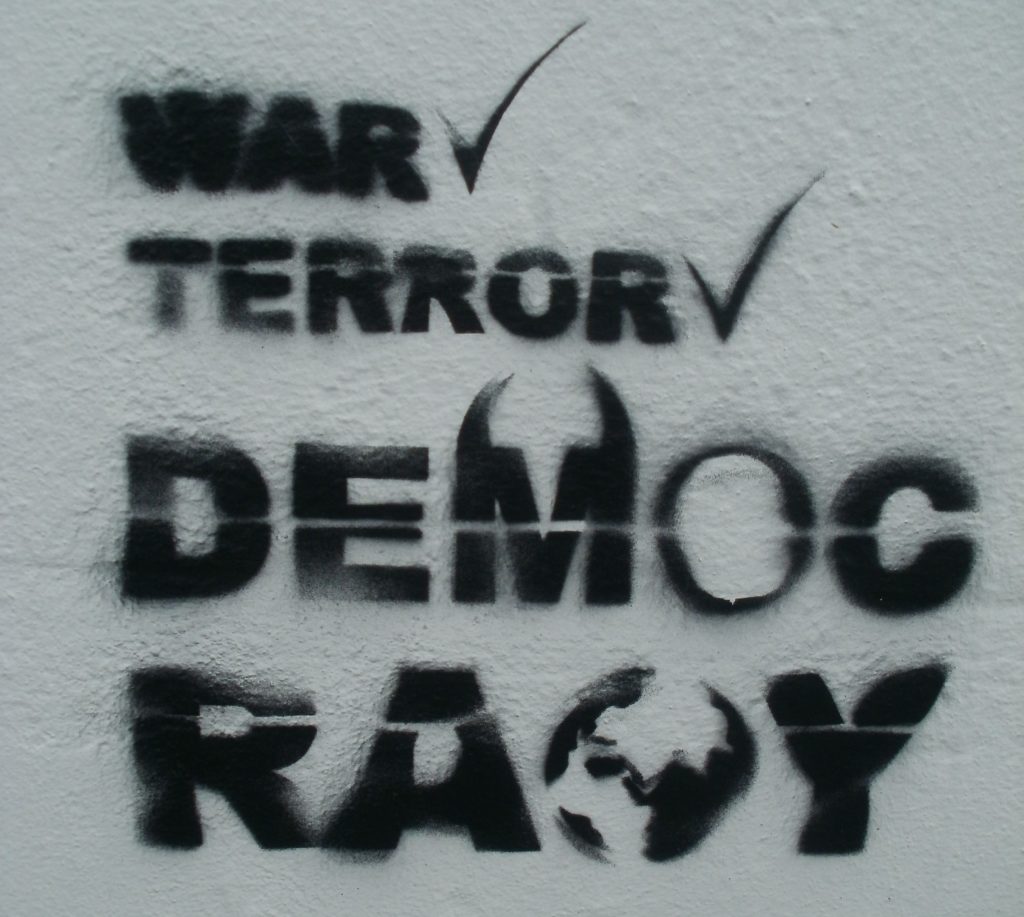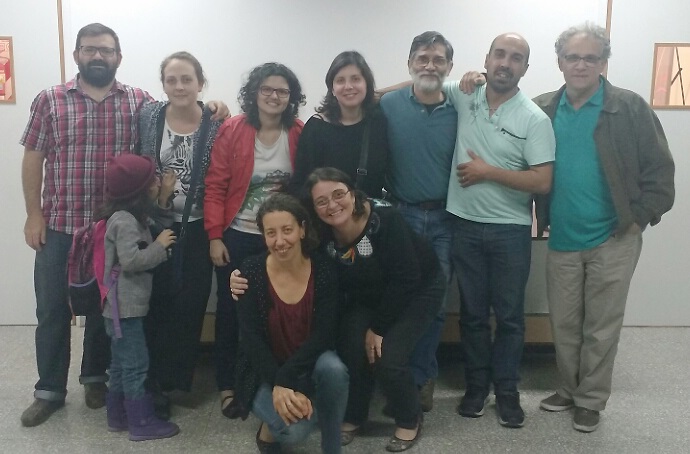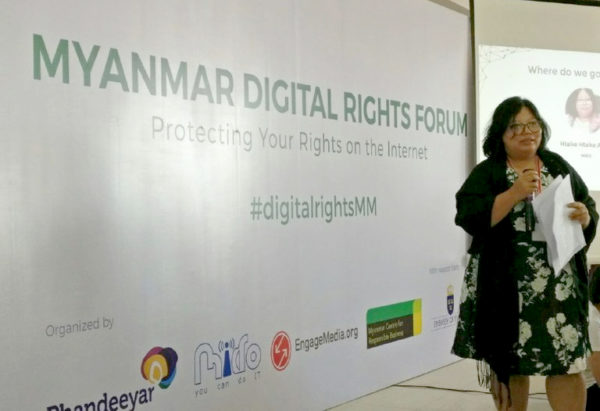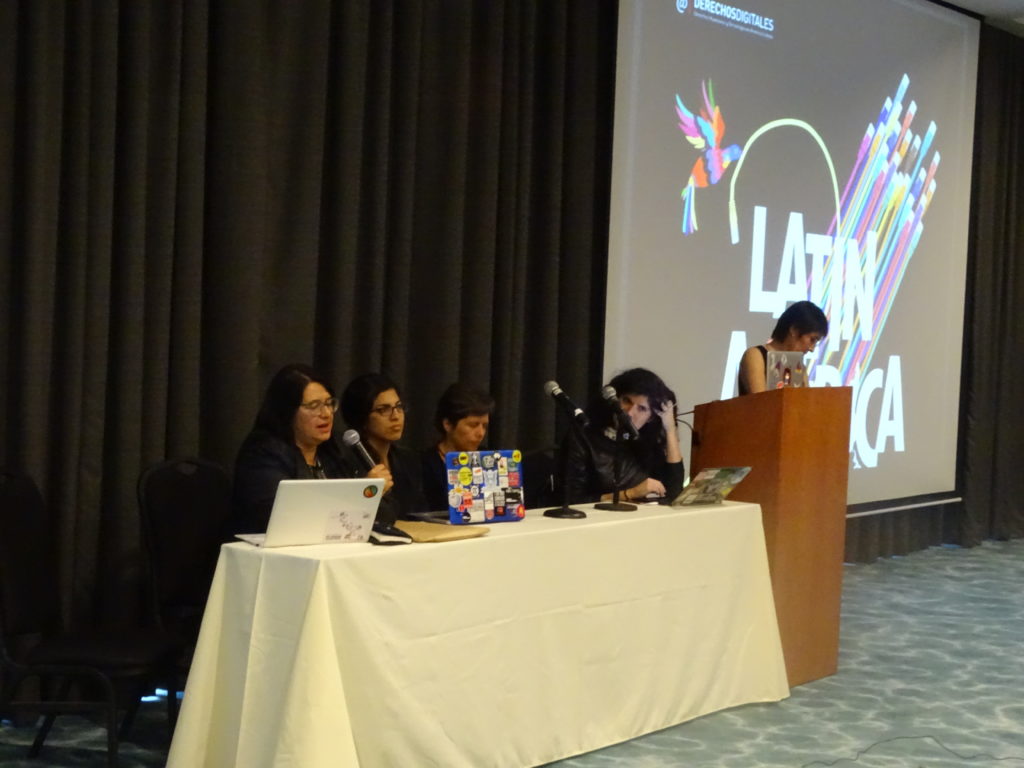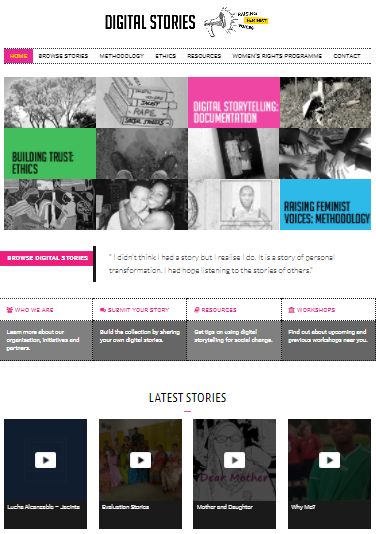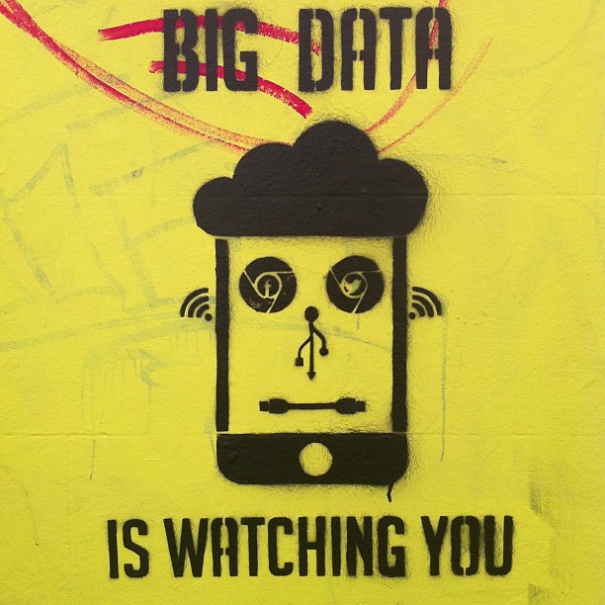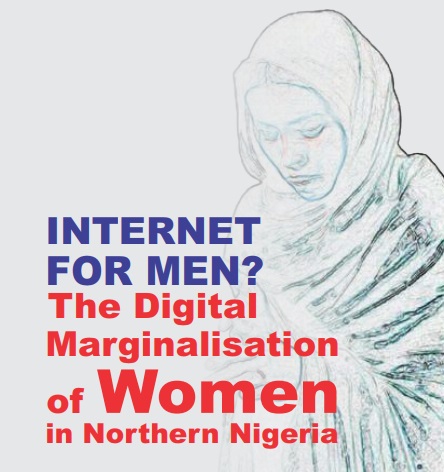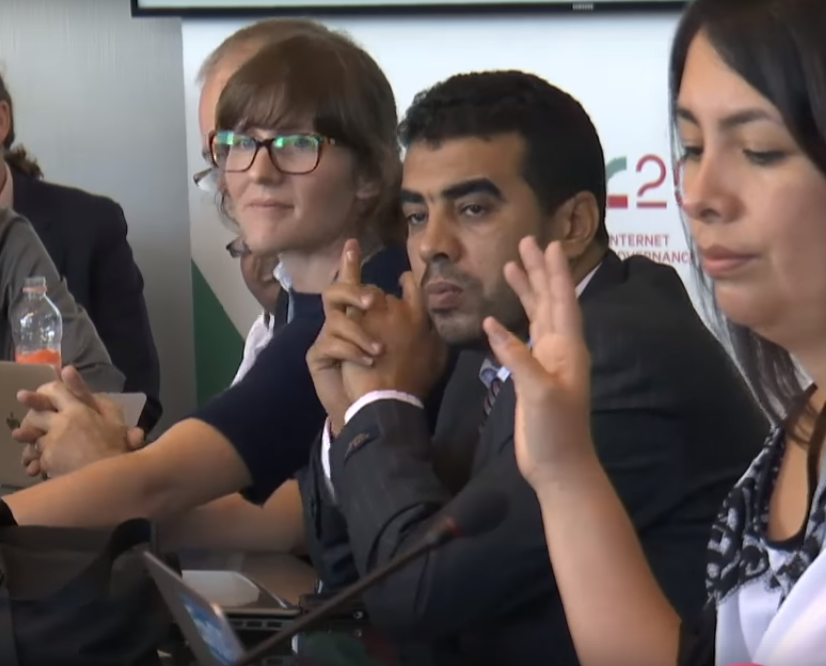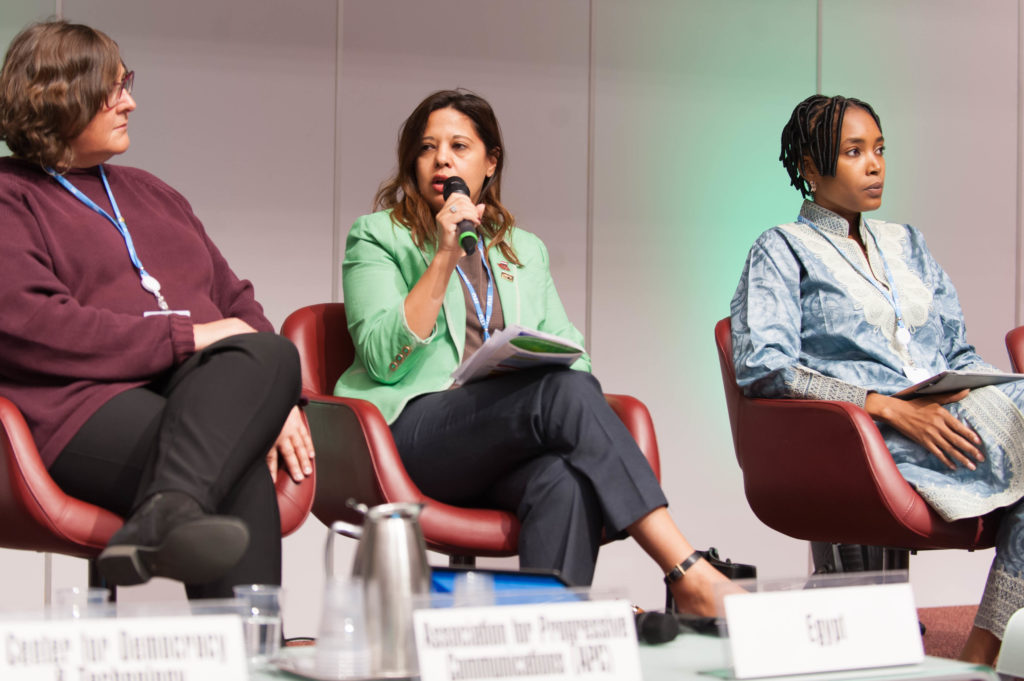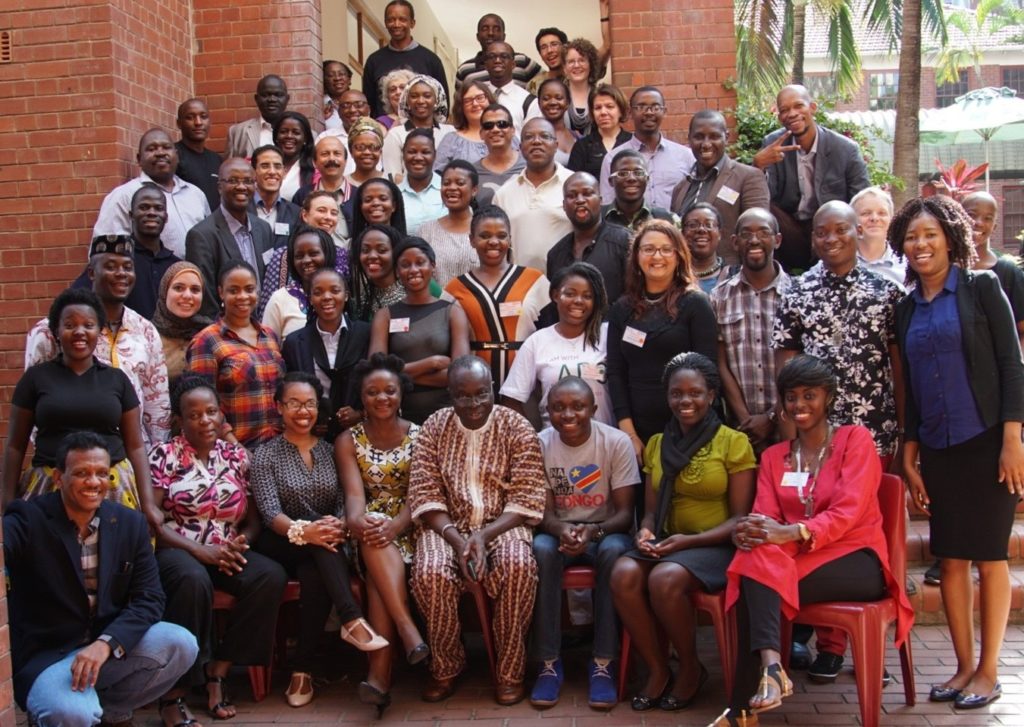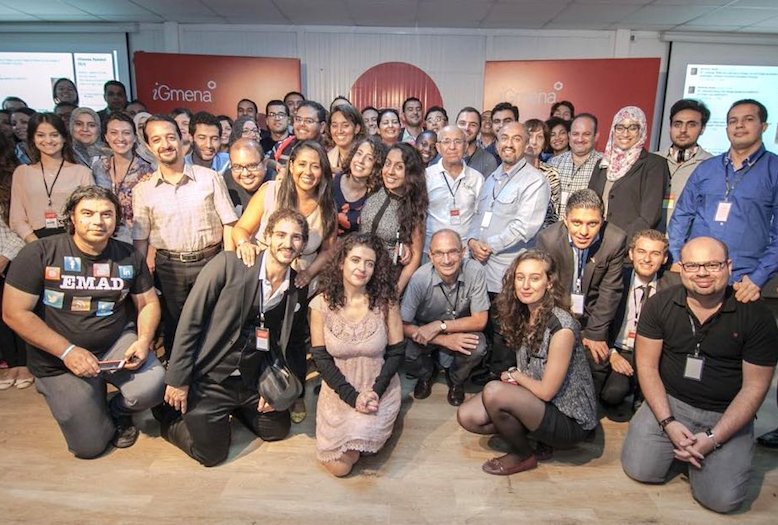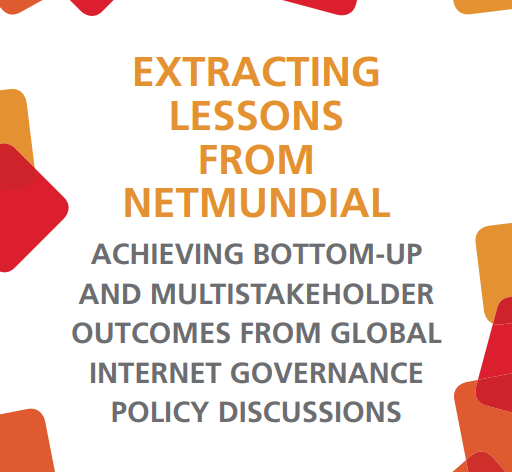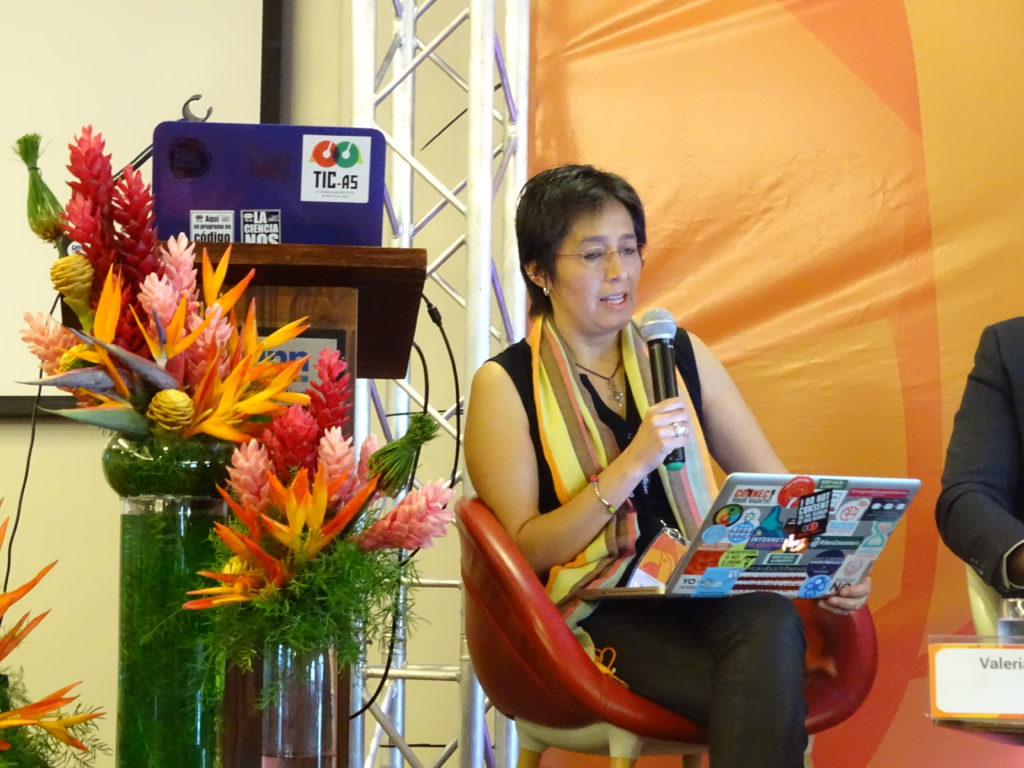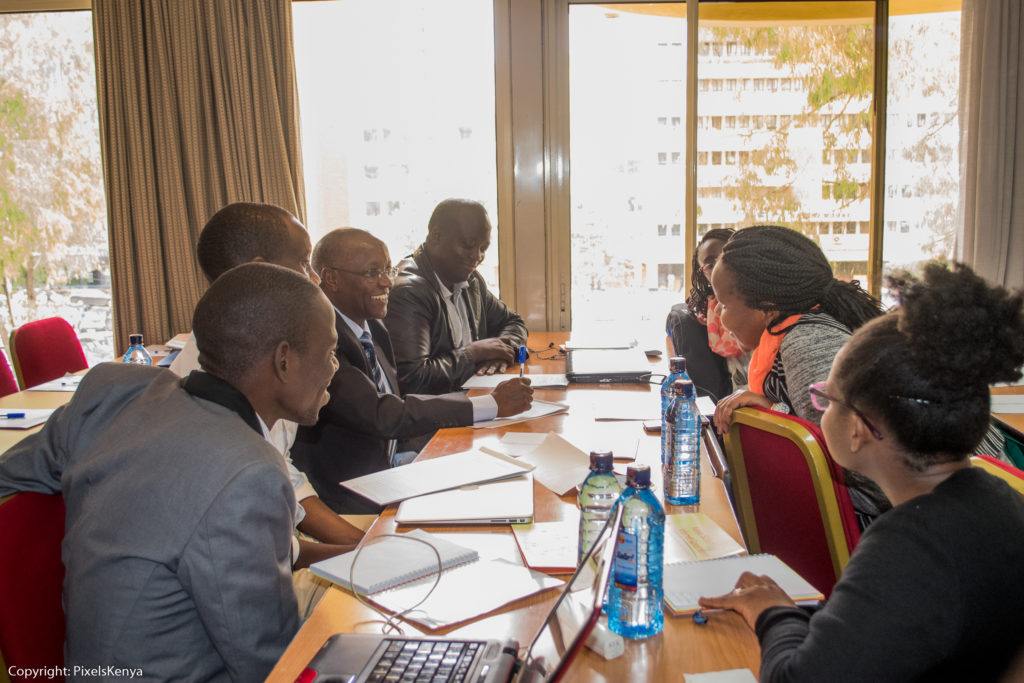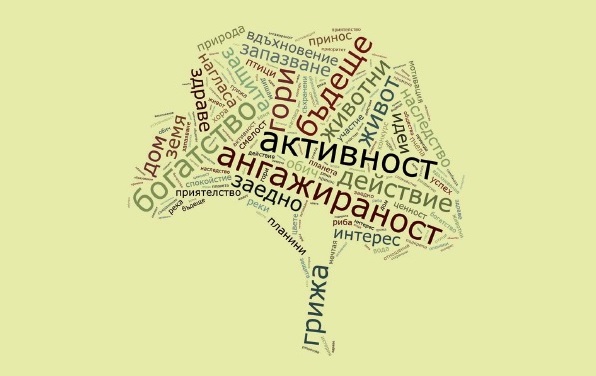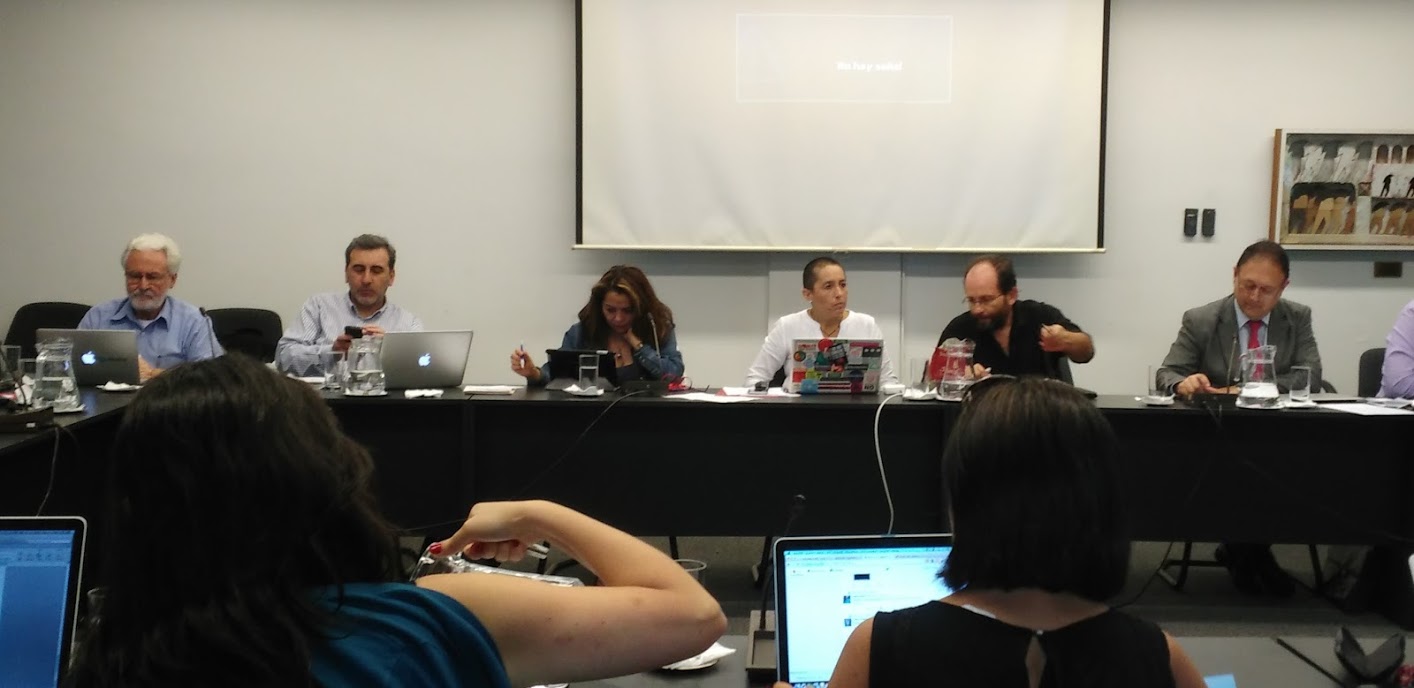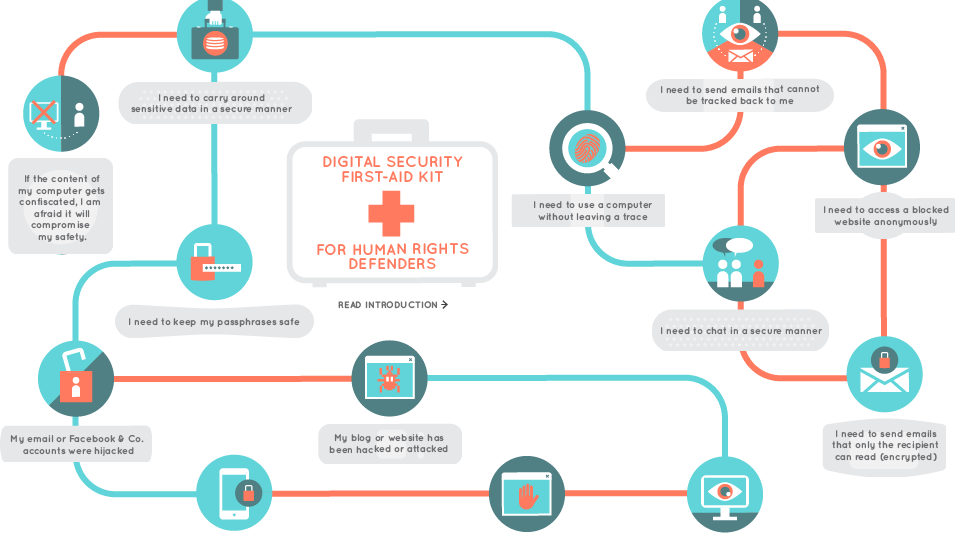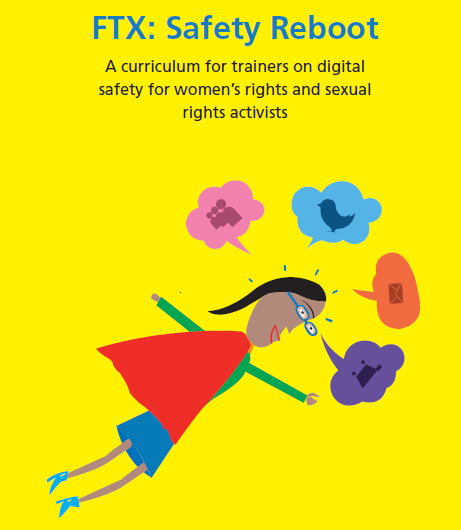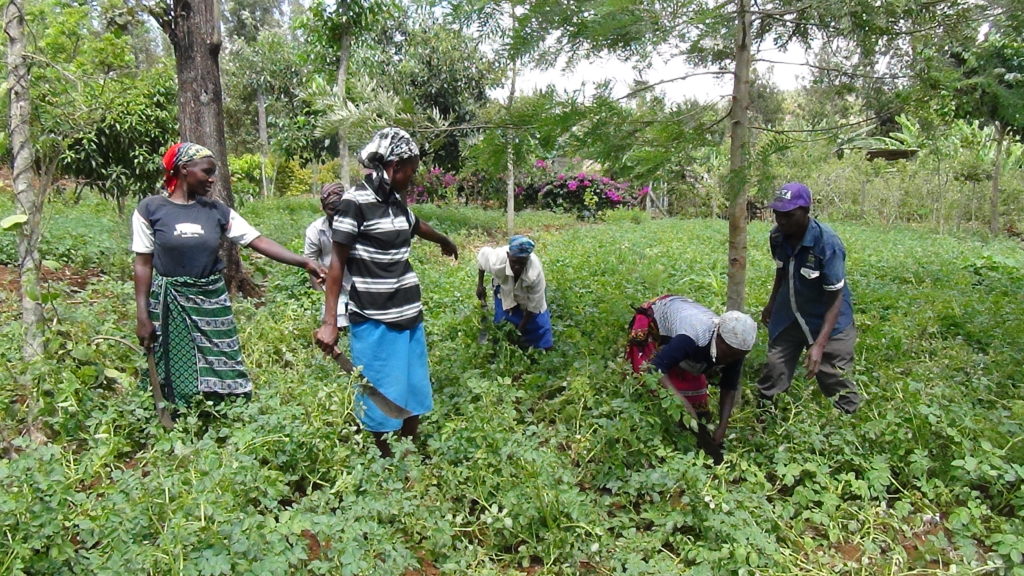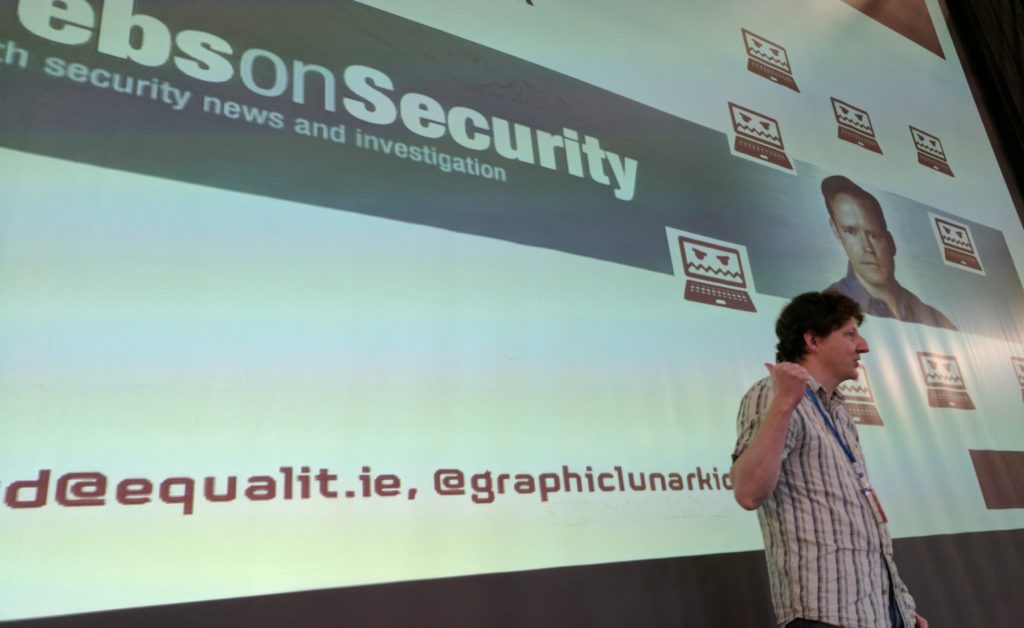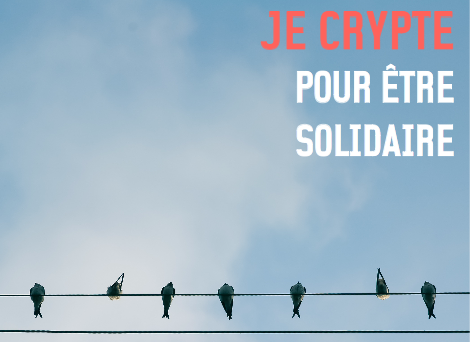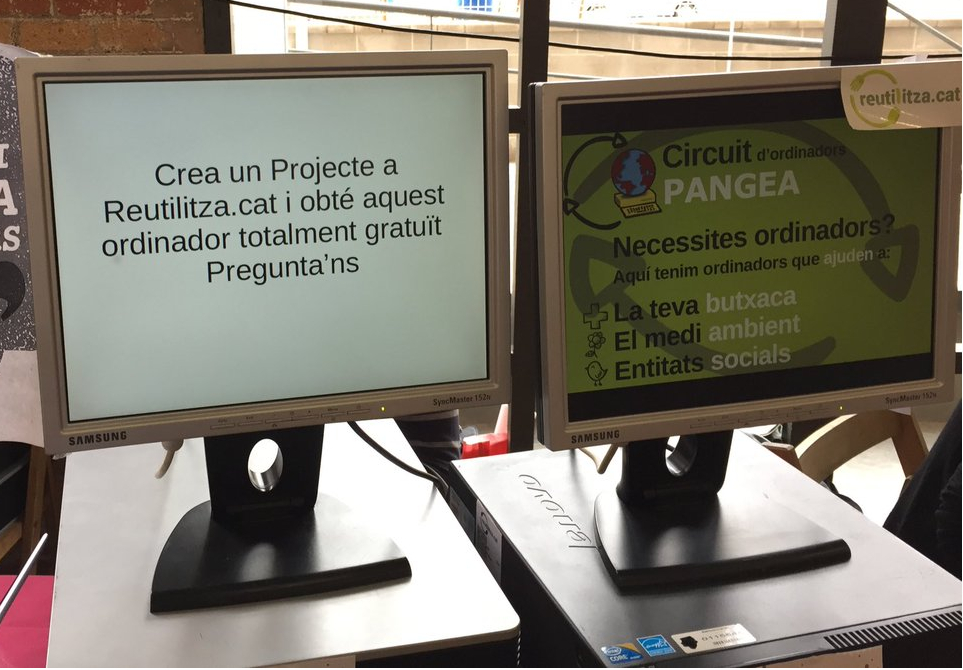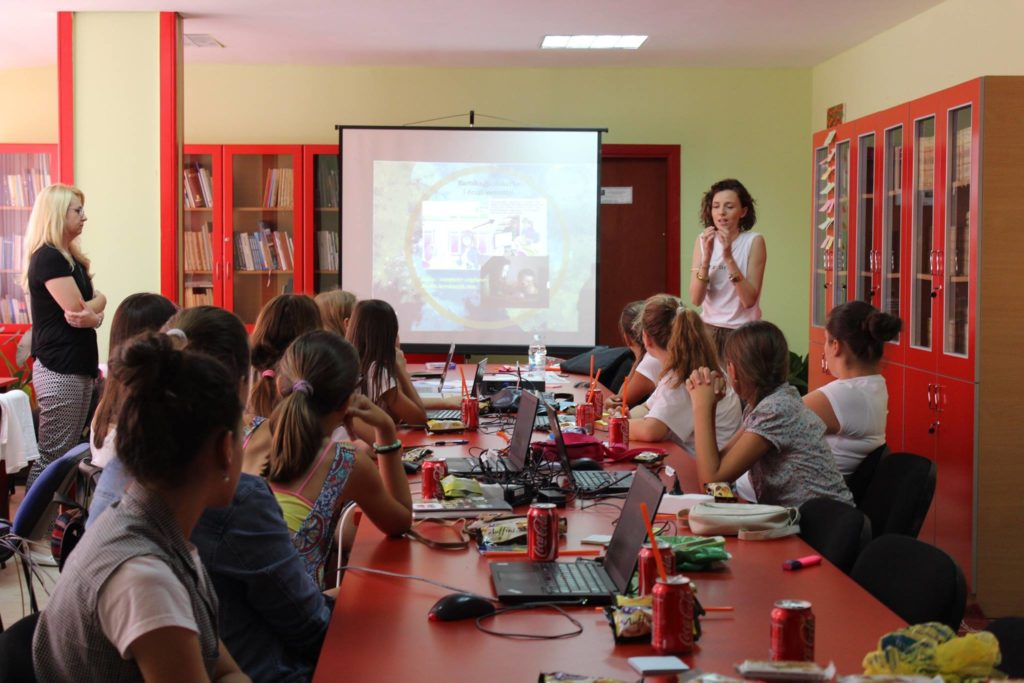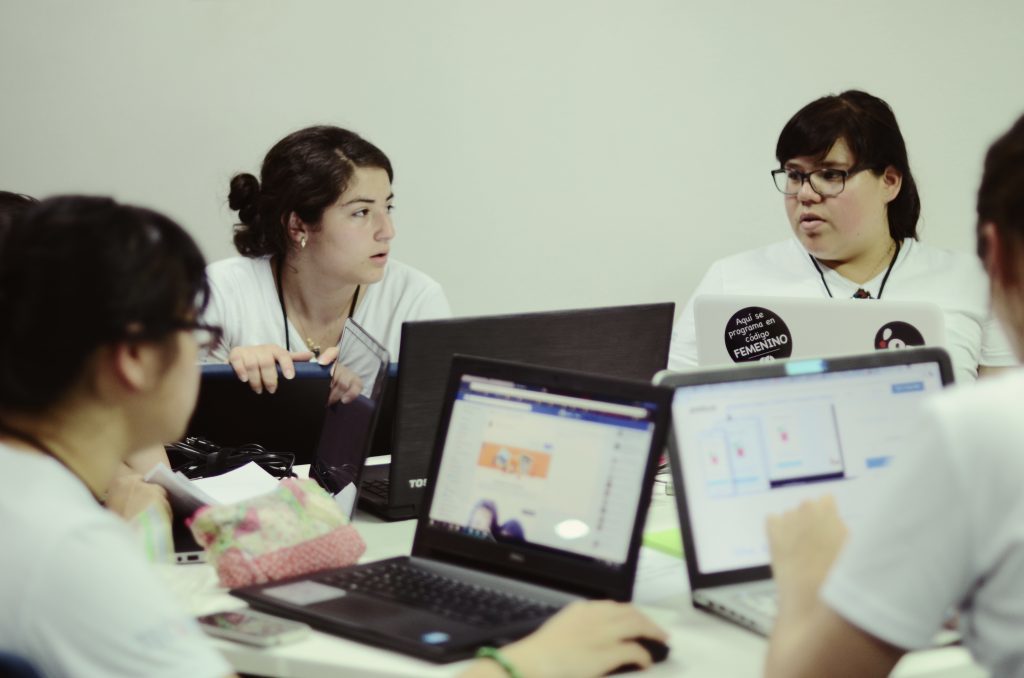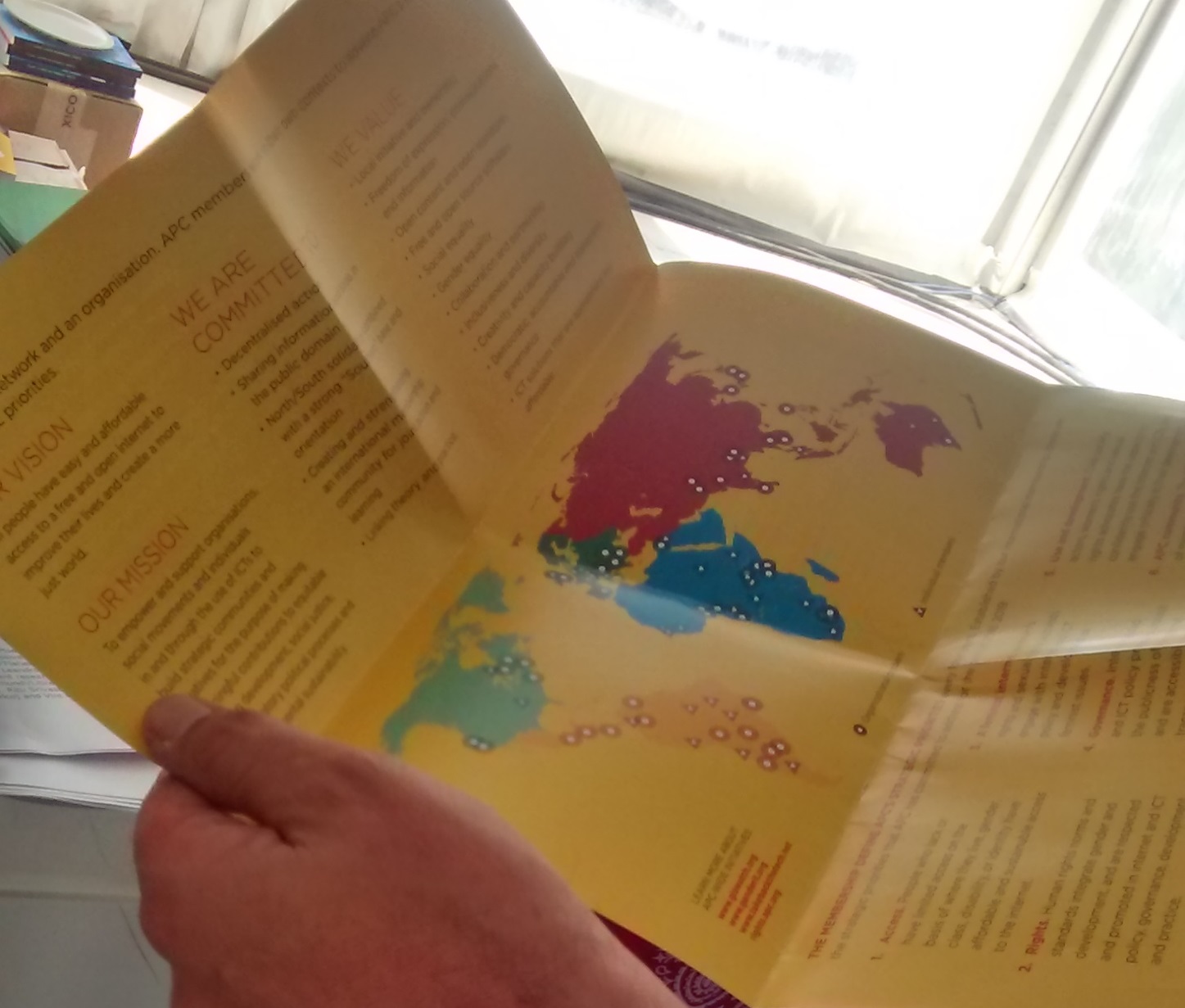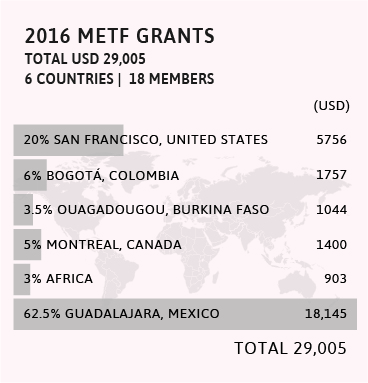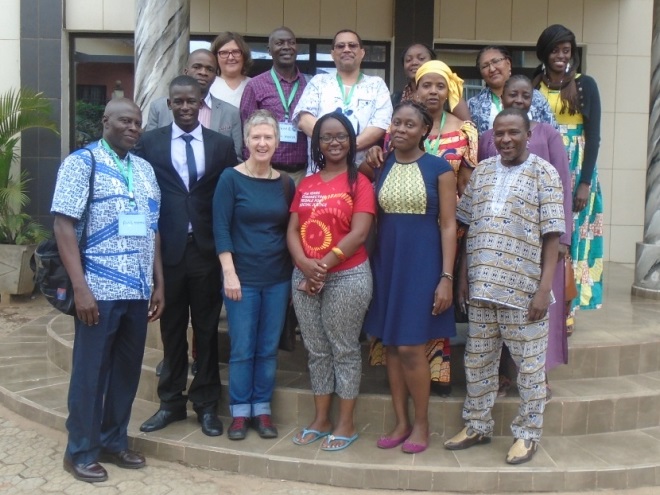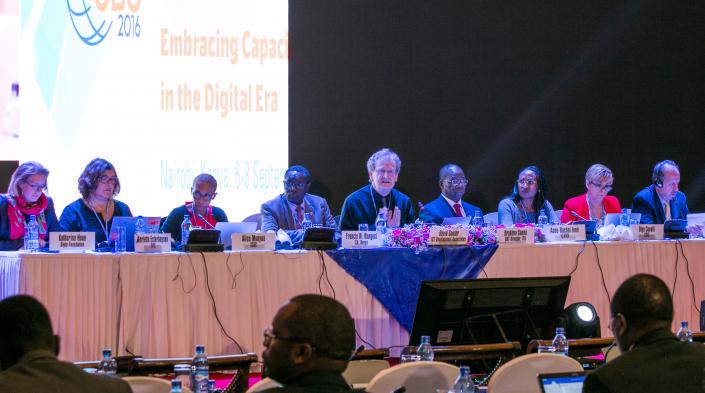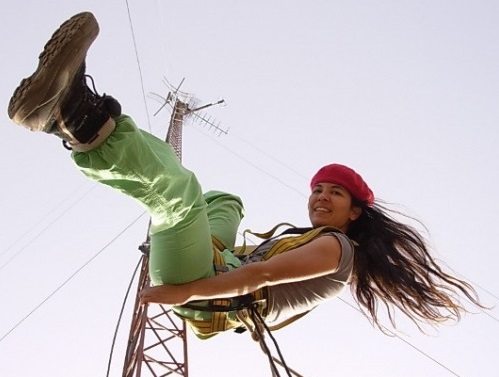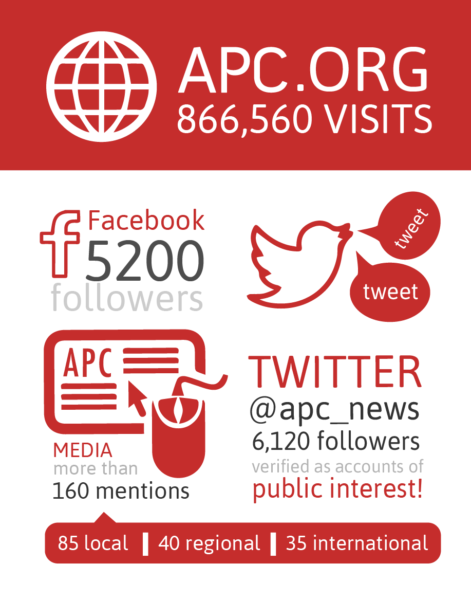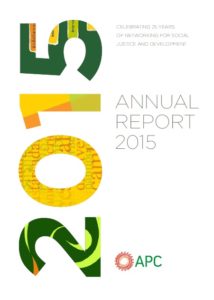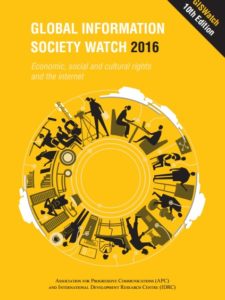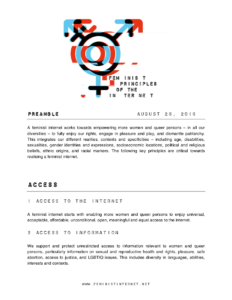Introductions
From our chair
From our director
About APC
Our vision
All people have easy and affordable access to a free and open internet to improve their lives and create a more just world.
Our mission
APC’s mission is to empower and support
organisations, social movements and individuals in and through the use
of ICTs to build strategic communities and initiatives for the purpose
of making meaningful contributions to equitable human development,
social justice, participatory political processes and environmental
sustainability.
Our strategy
APC’s key result areas
(KRAs) are identified by its members: organisations from different
countries around the world, most of them in the global South. Through a
multi-part consultative process within the network, analysis of current
challenges in mobilising ICTs for social justice, and input from close
partners, APC agreed on six KRAs to guide its work through 2019. Read APC’s Theory of Change for the period 2016-2019.
Member grants
Working locally to achieve a common vision: APC member grants
The project grants are intended to contribute to the implementation
of APC’s strategic plan at the national level, as well as to strengthen
ongoing work of APC members that is linked to APC’s strategic
priorities.
With the funding provided by Sida, APC will be able to support member projects for the next three years. During the first year of the subgranting programme, our members have done incredible work. Check out the project grants implemented in 2016 here, and the small grants here.
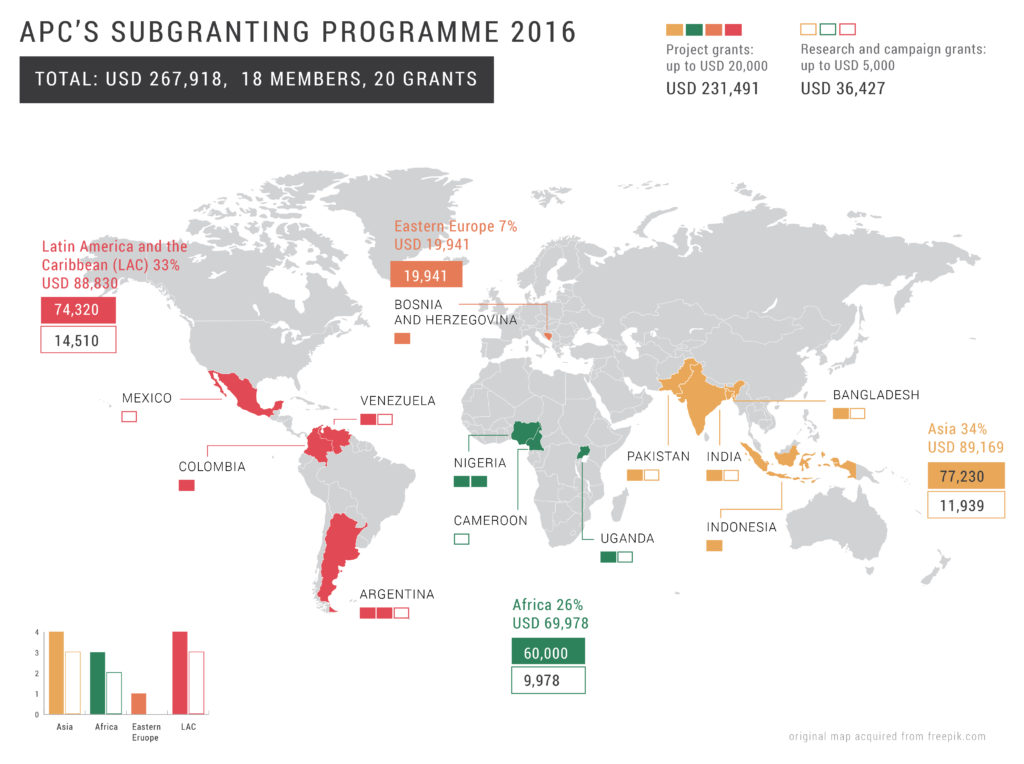
Our impact

1. Access
People who are digitally excluded on the basis of where they live, gender, class, disability or identity, have affordable and sustainable connectivity that allows them to share and communicate.

2. Rights
Human rights norms and standards integrate gender and development, and are respected and promoted in internet and ICT policy, governance, development and practice.

3. A feminist internet
Women’s rights and sexual rights activists engage with internet and ICT policy and development as feminist issues.

4. Governance
Internet-related and ICT policy processes protect the publicness of the internet and are accessible, democratic, transparent, accountable and inclusive.

5. Use and development
Civil society actors, women’s rights and sexual rights advocates have the capacity to confidently use the internet and ICTs, and engage critically in their development.

6. APC community
The APC community of members, allies and partners are strengthened as a network and work collaboratively to use the internet and ICTs for social and environmental justice, gender equality and sustainable development.
Individual member highlights
APC opened up membership to individual members in 2012, and was joined by seven that first year. By December 2016, there were 27 individual members in the APC network, from 24 countries on six continents. This year, we decided to launch a new section in the APC Annual Report to learn more about, and from, our individual members. We asked them two questions:
What was your main “discovery” in the field of internet for development, human rights and social justice in 2016? (initiatives, events, networks, policies, etc.)
What was the best technology-related reading you came across in 2016?
Andrew Garton (Australia)

Discovery
For much of 2016 I was completing post-production on Ocean in a Drop – broadband impacts on rural India. Within the translated transcripts stories emerged that had not been as clear on location. The most significant being that the arrival of a single laptop and an internet connection in Muzzafarpur had women gathering for the first time. As they waited to have their government job cards verified on a government website they talked amongst themselves, discovering they all shared the same problems. Poverty, physically abusive husbands and alcoholism destroying the lives of their men. Having come together they formed an NGO that shamed abusive husbands and when necessary would destroy the beer stored by local brewers destined for bottle shops in their village.
Reading
The most compelling tech-related article I read in 2016 was from former Google Design Ethicist Tristan Harris, How Technology Hijacks People’s Minds. Will Tristan’s insights be mirrored across India’s burgeoning rural internet users? I’m not so sure. Too many I had met were not in a position to take the internet home with them and are unlikely to for some years, if not generations to come. Some, like the women in Muzzafarpur, were happy to hand their job cards to the visiting community worker rather than have computers in their homes.
Helen Nyinakiiza (Uganda)

Discovery
I have discovered this, oddly enough, not by networks but by
searching online for digital education resources designed for women and
young girls. The Internet Society of Uganda is a forum for the
discussion of issues that affect internet evolution, development and use
in technical and commercial contexts. The human rights concept here is
catered for indirectly; after all, societies that are empowered
commercially are more likely to respect their human rights.
Reading
I discovered online resources for trainers. There are several organisations like APC that are uploading trainer resources, free of charge! This means that I (as a trainer) can take advantage of curriculum designs, trainer notes, agendas, interactive exercises and an amazing approach to teaching digital security in East Africa.
Japleen Pasricha (India)

Discovery
In 2016, I authored a research report on online violence against women in India, attended many internet-related international conferences (RightsCon 2016, Freedom Online Conference, Internet Governance Forum) and did a lot of networking. This has led to my increased interest in issues at the intersection of gender, technology, media and sexuality, as well as commitment to bridge that gap. To this end, for example, my organisation (Feminism in India) conducts monthly Wikipedia Editathons to reduce the gender gap on Wikipedia. I’d say my discovery is this field, how much I like working on it, and my continued efforts.
Reading
This one: Gendering Surveillance.
Natasha Msonza (Zimbabwe)

Discovery
Because internet shutdowns are increasingly becoming a trend among the acts against freedom of expression used by repressive governments, I learned about the Open Observatory of Network Interference (OONI) initiative and how simple the mechanisms of monitoring and tracking shutdowns are. Collecting evidence of internet shutdowns is essential in formulating advocacy initiatives, for example, in demonstrating the economic cost of such measures. As a result of this discovery, even though shutdowns are not a common thing in Zimbabwe (the last one documented was in July 2016 and lasted a few hours), my network has developed a keen interest to run regular probes and monitor connectivity here so that we establish what normal patterns are, ahead of the 2018 election period, around which we anticipate some interferences might occur.
Reading
The State of Internet Freedom reports produced annually by CIPESA for selected African countries. I did not know of their existence until I was asked to work on the inaugural report for Zimbabwe.
Renata Aquino Ribeiro (Brazil)

Discovery
The Internet Freedom Festival. A (re)discovery since every year I am more convinced that open and safe spaces to discuss the future of the internet and diversity are crucial everywhere.
Reading
The report from the IGF Best Practice Forum on Gender and Access. Incredible findings which mapped fantastic initiatives in the theme.
Publications
Below are just a few of the many publications published by APC in 2016. For a comprehensive list see our 2016 Publications page.
Members
In 2016, APC had 51 organisational members active in 60 countries.




















































































Organisational members
Individual members
In 2016, APC had 27 individual members from 24 countries
Argentina
- Roxana Goldstein
Australia
- Andrew Garton
- Lisa Gye
Bangladesh
- AHM Bazlur Rahman
Brazil
- Mike Jensen
- Vera Vieira
- Renata Aquino Ribeiro
Canada
- Stephane Couture
Colombia
- Mario Morales Rincón
Congo, Republic of
- Patience Luyeye
Czech Republic
- Jan Malík
Ethiopia
- Melaku Girma
France
- Emma Reade
Gambia
- Poncelet Ileleji
Germany
- Jeanette Hofmann
Guinea
- Serge Ziehi
India
- Japleen Pasricha
Italy
- Leonardo Maccari
Jordan
- Inam Ali
Malaysia
- Gayathry Venkiteswaran
Netherlands
- Rolf Kleef
Peru
- Eiko Kawamura
Senegal
- Makane Faye
South Africa
- Towela Nyirenda-Jere
Switzerland
- William Drake
Tunisia
- Rafik Dammak
United States
- Avri Doria
Governance
Board of directors
- Julián Casasbuenas, Colombia (chair)
- Valentina Pellizzer, Bosnia and Herzegovina (vice-chair)
- Liz Probert, United Kingdom (secretary)
- Osama Manzar, India (treasurer)
- Chim Manavy, Cambodia (resigned March 2016)
- John Dada, Nigeria
- Lillian Nalwoga, Uganda
- Anriette Esterhuysen, South Africa (executive director)
Council representatives
Staff team in 2016
- Executive director: Anriette Esterhuysen, South Africa
- Deputy executive director: Chat Garcia Ramilo, Philippines
- Network and membership building coordinator: Karel Novotný, Czech Republic
- Finance manager (until August)/Operations manager (as of September): Karen Banks, Australia/United Kingdom
- Accountant (until August)/Finance manager (as of September): Maya Sooka, South Africa
- Senior finance officer: Fatima Bhyat, South Africa
- HR and finance officer: Misty Tanner, United States
- Administrative officer: Eunice Mwesigwa, South Africa
- Communications manager (until May)/Technical unit coordinator (as of June): Mallory Knodel, Canada
- WRP communications associate (until May)/Communications manager (as of June): Flavia Fascendini, Argentina
- CIPP communications associate: Leila Nachawati Rego, Spain
- Publications coordinator: Lori Nordstrom, Uruguay
- Technical and systems coordinator (until January): Sarah Escandor-Tomas, Philippines
- Technical support assistant: Adolfo Dunayevich Garber, Mexico
- WRP manager: Jac sm Kee, Malaysia
- WRP senior project coordinator: Janine Moolman, South Africa
- WRP project coordinator: Jennifer Radloff, South Africa
- WRP project associate: Erika Smith, Mexico
- GenderIT.org and research coordinator: Katerina Fialova, Czech Republic
- GenderIT.org English editor and content production coordinator: Namita Aavriti, India (as of July)
- PARM and GEM services coordinator: Dafne Plou, Argentina
- Sexual Rights Project coordinator: Nadine Moawad, Lebanon (until September)
- TBTT campaign coordinator: Sara Baker, United States (as of April)
- CIPP manager: Valeria Betancourt, Ecuador
- CIPP administrative assistant: Shawna Finnegan, Canada (until April)
- CIPP volunteer: Avri Doria, United States*
- CIPP assistant: Yolanda Mlonzi** (until June)
- Africa policy coordinator: Emilar Vushe, South Africa (until September)
- ESCR project coordinator: Alan Finlay, South Africa
- GISWatch project coordinator: Roxana Bassi, Argentina
- IMPACT project coordinator: Gayatri Khandhadai, India (as of February)
- IMPACT project assistant: Pavitra Ramanujam, India (as of September)
- Internet access specialist: Mike Jensen, Brazil
- MENA internet rights project coordinator: Mohammed Tarakiyee, Jordan (until March)
- Senior national internet rights advocacy project coordinator: Deborah Brown, United States
* Volunteers
** Interns
Finances
Financial supporters
- African School on Internet Governance (AfriSIG)
AmplifyChange (agreement administered by Mannion Daniels Ltd)
- Building EROTICS Networks in India, Nepal and Sri Lanka
European Union, European Instrument for Democracy and Human Rights (EIDHR)
- Networking for freedom online and offline: Protecting freedom of information, expression and association on the internet in India, Malaysia and Pakistan
Ford Foundation
- Support to research a feminist perspective on internet policy issues and build cross-movement collaboration with women’s rights groups in the global South
Global Fund for Women
- Partnership grant (general support) for the APC Women’s Rights Programme’s AWID Forum activities (September 2016)
Global Partners and Associates
- Sub-grant to organise and implement a workshop on “The Internet as a Driver of Free Expression in Africa”, a side session to the 58th Ordinary Session of the African Commission on Human and Peoples’ Rights in The Gambia
- Internet Governance in the Middle East and North Africa
International Development Research Centre (IDRC)
- A rights-based approach to internet policy and governance for the advancement of economic, social and cultural rights
- Mapping gender and the information society
Open Society Foundations
- Digital media policy in Latin America
- Surveying internet freedoms in Latin America and the Caribbean
- African School on Internet Governance (AfriSIG) via the NEPAD Planning and Coordinating Agency
Sigrid Rausing Trust
- Core support for APC Women’s Rights Programme 2015-2016
Swedish International Development Cooperation Agency (Sida)
- Core support for the APC Strategic Action Plan 2016-2019
Womanity Foundation
- Adapt Take Back the Tech! in Mexico: Challenge norms, build awareness, amplify collective power, strengthen response
- Research on net neutrality
Asia Safe Abortion Partnership/Enterprise to Empower (EN2EM)
- Secure online communications training
Asian-Pacific Resource and Research Centre for Women (ARROW)
- Translation, production and distribution of Spanish edition of ARROW for Change Vol. 22, No. 1, “Sexuality, SRHR, and the Internet”
Friedrich-Ebert-Stiftung, Namibia
- Media workshop facilitation
Fundación Karisma
- Content preparation and conducting two webinars on gender and sexuality awareness/sensitivity for Access Now helpline staff
Global Partners and Associates
- Input on communications strategy for the African Declaration on Internet Rights and Freedoms
- Input on development of video scripts for Global Partners Digital cybercapacity training curriculum
- Developing a policy brief on the Universal Periodic Review, for use as an advocacy tool for internet rights activists
- Research and associated advocacy on broadband infrastructure sharing policies and ownership models in emerging markets
Humanist Institute for Cooperation with Developing Countries (Hivos)
- Making All Voices Count (MAVC) Sinergantara Mentorship
- USABLE project’s Tool Feedback Training workshop in Arabic
iRights.info e.V. (BMZ project number 2016.0162.4)
- Internet Governance Forum (IGF) workshops in South Africa and Mexico to foster freedom of expression on the internet and inclusive and transparent national internet governance and policy processes
Media Foundation for West Africa
- Research on trends in internet governance in the Southern African region
South African Communications Forum
- African DNS study
United Nations Economic and Social Commission for Asia and the Pacific (UNESCAP)
- Gender training for the UNESCAP ICT section (Bangkok, Thailand)
United Nations Fund for Gender Equality via Women’sNet’s “Increasing women’s decision making and influence in internet governance and ICT policy for the realisation of women’s rights in Africa” project
- Gender and Internet Governance Exchange (gigX) at the African School on Internet Governance (AfriSIG) 2016
World Wide Web Foundation
- Affordability drivers survey for the Alliance for Affordable Internet (A4AI)
- African School on Internet Governance (AfriSIG)
AFRINIC Ltd
- African Internet Governance Forum (AfIGF)
Asia Pacific Network Information Centre (APNIC)
- Contribution towards costs of APC Internet Governance Forum (IGF) 2016 gathering
- African School on Internet Governance (AfriSIG)
- African School on Internet Governance (AfriSIG) and Gender and Internet Governance eXchange (gigX)
- African Internet Governance Forum (AfIGF)
- African School on Internet Governance (AfriSIG) and African Internet Governance Forum (AfIGF)
- Outreach at the African Internet Summit (AIS), Gabarone, Botswana
Internet Society (ISOC)
- African School on Internet Governance (AfriSIG) and African Internet Governance Forum (AfIGF)
- Contribution to Disco-tech event and flyers for the Internet Governance Forum (IGF)
Latin America and Caribbean Network Information Centre (LACNIC)
- Contribution towards costs of APC Internet Governance Forum (IGF) 2016 gathering
Public Interest Registry
- African School on Internet Governance (AfriSIG)
APC financial statements for 2016
BALANCE SHEET AT 31 DECEMBER 2016 |
||
|---|---|---|
| 2016(USD) | 2015(USD) | |
| ASSETS | 1,291,397 | 1,195,637 |
| Non-current assets | 2 | 2 |
| Equipment | 2 | 2 |
| Current assets | 1,291,395 | 1,195,635 |
| Accounts receivable | 157,442 | 81,461 |
| Accrued income – grants | 183,689 | 200,028 |
| Cash and cash equivalents | 950,264 | 914,146 |
| TOTAL ASSETS | 1,291,397 | 1,195,637 |
| RESERVES AND LIABILITIES | 1,291,397 | 1,195,637 |
| Reserves and sustainability funds | 477,429 | 447,082 |
| Sustainability funds | 447,496 | 446,848 |
| Retained income | 29,933 | 234 |
| Current liabilities | 813,968 | 748,555 |
| Accounts payable | 85,296 | 81,219 |
| Deferred income from grants | 692,076 | 617,339 |
| Provision for leave pay | 36,596 | 49,997 |
| TOTAL RESERVES AND LIABILITIES | 1,291,397 | 1,195,637 |
INCOME STATEMENT FOR THE YEAR ENDED 31 DECEMBER 2015 |
||
|---|---|---|
| 2016(USD) | 2015(USD) | |
| INCOME | 2,696,117 | 3,003,896 |
| Grants | 2,435,064 | 2,654,924 |
| Earned Income | 261,053 | 348,972 |
| Commissioned services, contributions and event income | 235,862 | 313,729 |
| Interest | 333 | 435 |
| Membership fees | 24,858 | 24,356 |
| Sales and sundry | 10452 | |
| EXPENDITURE | 2,665,770 | 3,400,635 |
| Governance, Programme Development, Monitoring and Evaluation and Administration | 464,112 | 572,968 |
| Communications, Technical and Network Development Units | 630,572 | 388,339 |
| Communications and Information Policy Programme | 1,268,278 | 1,470,905 |
| Women’s Rights Programme | 302,808 | 968,423 |
| SURPLUS/(DEFICIT) FOR THE YEAR | 30,347 | -396,739 |
Note: Detailed information is available in the audited financial statements for 2016.
